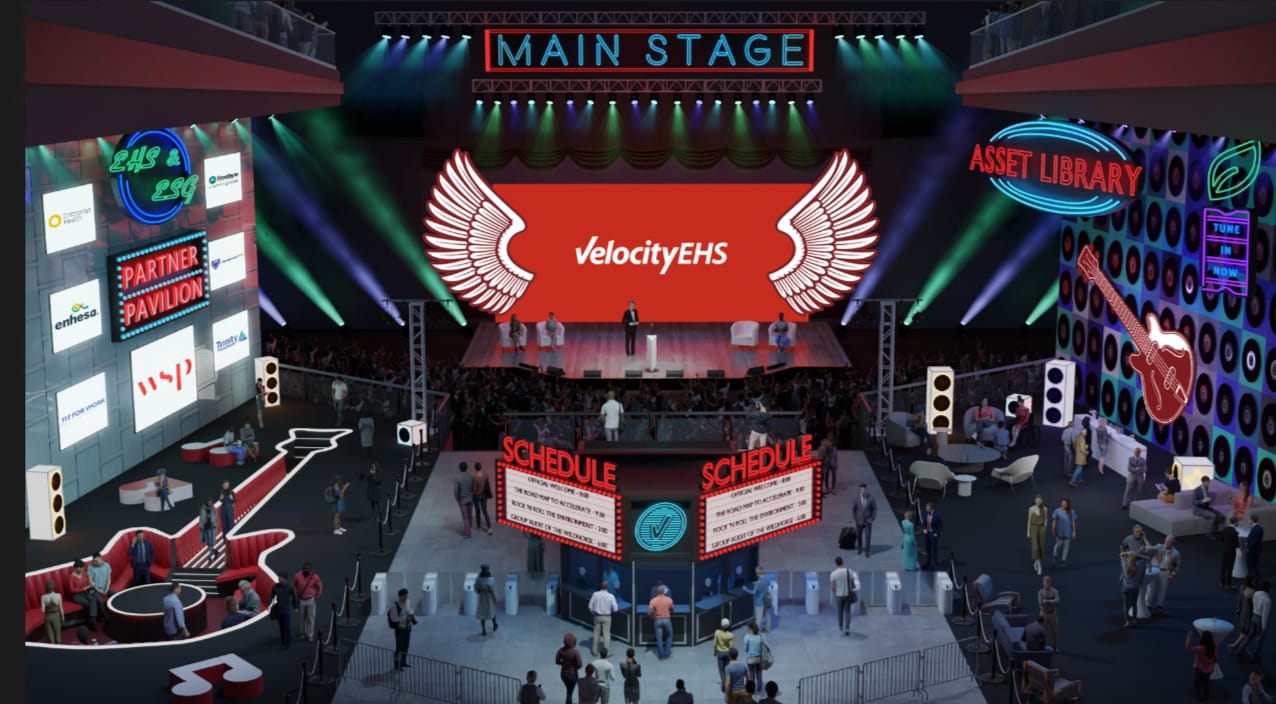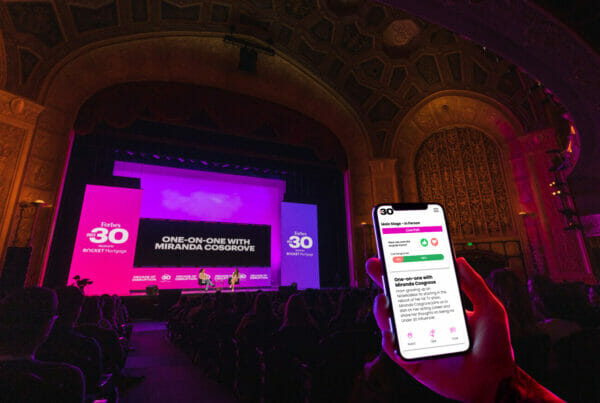The events industry is evolving, and sustainability is at the forefront. Event planners are now harnessing the power of technology to create eco-conscious gatherings that leave a smaller environmental footprint. Keep reading to discover how technology is reshaping the way events are hosted with sustainability in mind.
Reducing Paper Waste with Digital Event Management Tools
One of the most visible ways technology contributes to sustainability in events is through the adoption of digital event management tools. Gone are the days of printed schedules, brochures, and tickets. Instead, event organizers are leveraging mobile apps, online event platforms, and email to communicate event information. This not only saves substantial amounts of paper but also streamlines how information is given, making it more accessible and convenient for attendees.
Embracing Energy-Efficient Lighting and AV Systems
Advancements in lighting and audio-visual (AV) technologies are revolutionizing the way events are experienced while significantly reducing energy consumption. LED, for example, has emerged as a leader in sustainable event lighting due to its energy efficiency and longevity. Pairing this with smart lighting systems that automatically adjust to natural light and occupancy can drastically cut down on unnecessary energy usage.
Similarly, AV systems have evolved to be more energy-efficient without compromising on quality. From projectors to sound systems, modern AV equipment is designed to consume less power while delivering exceptional performance, contributing to a greener event overall.
Leveraging Virtual and Hybrid Event Formats
The rise of virtual and hybrid event formats has also emerged as a sustainable solution, drastically reducing the carbon footprint associated with travel. Technology enables attendees from around the globe to participate in events without the need for extensive travel, thereby reducing greenhouse gas emissions and minimizing the environmental impact typically caused by transportation.
Embracing Digital Alternatives
The shift from traditional printed materials to digital alternatives represents a significant stride towards sustainable event practices. Event planners are increasingly opting for digital LED banners, which not only offer vibrant and customizable displays but also drastically reduce the need for printed banners that often contribute to post-event waste. Moreover, the integration of QR codes has revolutionized the way attendees access event-related information. Rather than distributing paper flyers, event organizers are leveraging QR codes that, when scanned, provide instant access to event schedules, maps, and additional details through attendees’ smartphones, minimizing paper waste significantly. Additionally, the move towards digital connectivity extends to networking practices, with more individuals tapping phones or scanning QR codes to exchange business information instead of resorting to traditional paper business cards. By embracing these digital innovations, event organizers can minimize paper consumption, reduce waste generation, and pave the way for more environmentally responsible events.
As the world increasingly embraces sustainability as a core value, the role of technology in hosting sustainable events becomes more important than ever. From reducing paper waste through digital alternatives to embracing virtual formats, technology offers a wide range of solutions to minimize the environmental impact of events. By continuing to innovate and integrate eco-conscious practices into event technology, we can collectively work towards hosting greener, more sustainable events that leave a positive impact on both attendees and the planet.












